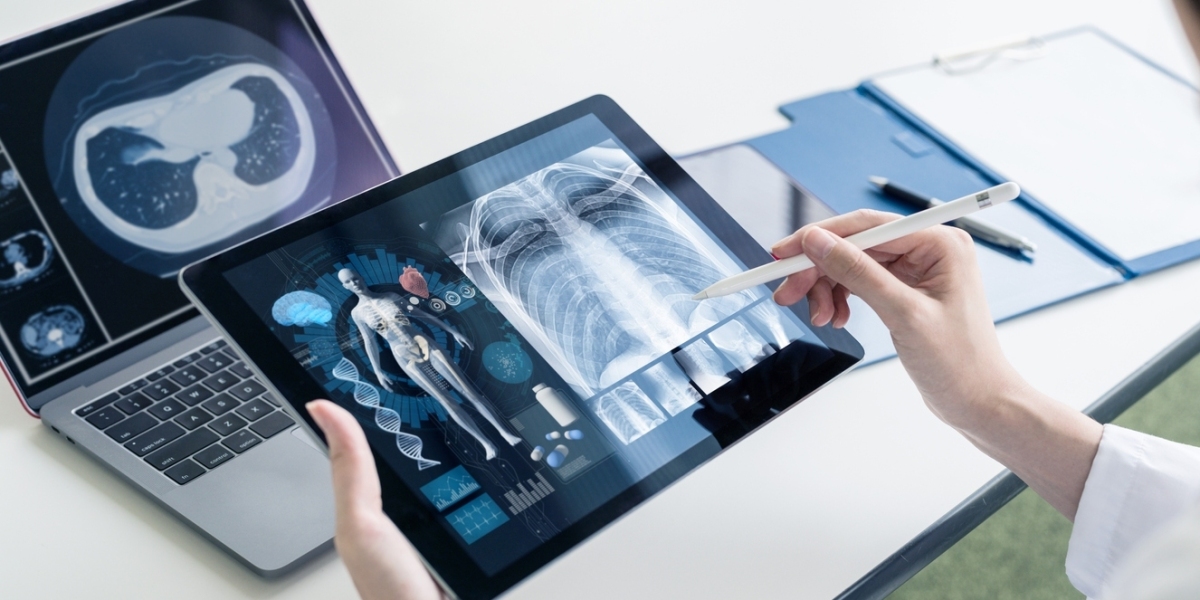Global Neurotech Devices represent a burgeoning field of innovation that holds immense promise for revolutionizing the diagnosis, treatment, and understanding of neurological disorders and conditions. In this article, we delve into the advancements and impact of Neurotech Devices worldwide, highlighting their potential to transform healthcare and improve patient outcomes.
Understanding Neurotech Devices:
Global Neurotech Devices encompass a wide range of technologies and devices designed to interface with the nervous system, including the brain, spinal cord, and peripheral nerves. These devices leverage principles of neuroscience, engineering, and computer science to monitor, stimulate, modulate, or record neural activity for diagnostic, therapeutic, or research purposes.
Advancements in Neurotech Devices:
1. Brain-Computer Interfaces (BCIs): BCIs enable direct communication between the brain and external devices, allowing individuals to control computers, prosthetic limbs, or assistive technologies using their thoughts. Recent advancements in BCI technology have led to more sophisticated and reliable systems, with applications ranging from assistive devices for individuals with disabilities to neurorehabilitation and gaming.
2. Neurostimulation Devices: Neurostimulation devices deliver electrical or magnetic stimulation to specific regions of the nervous system to modulate neural activity and treat neurological disorders. Transcranial magnetic stimulation (TMS), deep brain stimulation (DBS), and spinal cord stimulation (SCS) are examples of neurostimulation techniques used to treat conditions such as depression, Parkinson's disease, chronic pain, and epilepsy.
3. Neuroimaging Technologies: Neuroimaging technologies, such as functional magnetic resonance imaging (fMRI), positron emission tomography (PET), and electroencephalography (EEG), provide non-invasive methods for visualizing and mapping brain activity. These technologies have revolutionized our understanding of brain function and connectivity, aiding in the diagnosis and treatment of neurological and psychiatric disorders.
4. Wearable Neurotech Devices: Wearable neurotech devices, including EEG headsets, sleep trackers, and neurofeedback devices, offer convenient and non-invasive solutions for monitoring brain activity and promoting brain health. These devices empower individuals to track their cognitive performance, monitor sleep patterns, and engage in neurofeedback training for improved focus, relaxation, and mental well-being.
Get more insights, On Global Neurotech Devices









